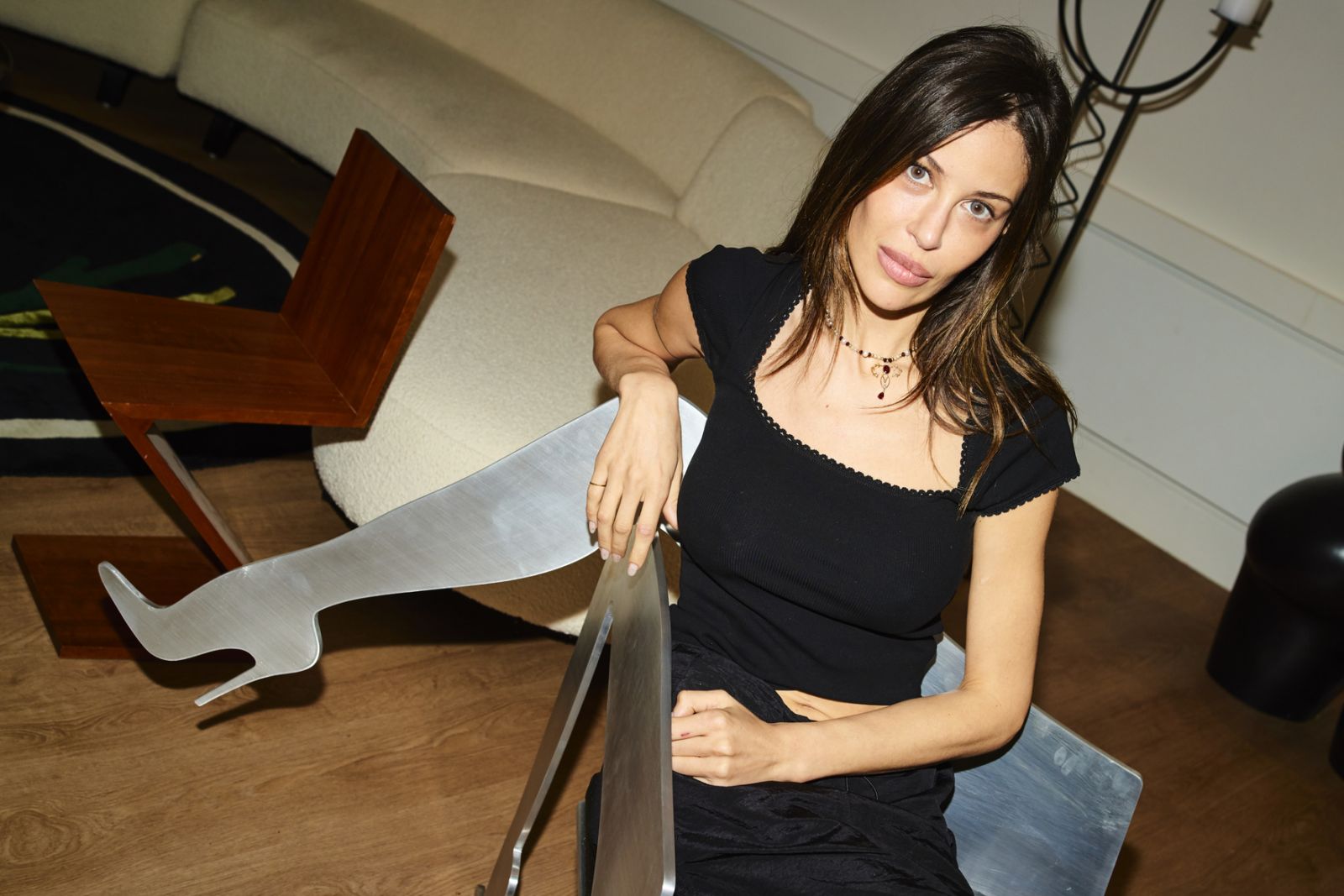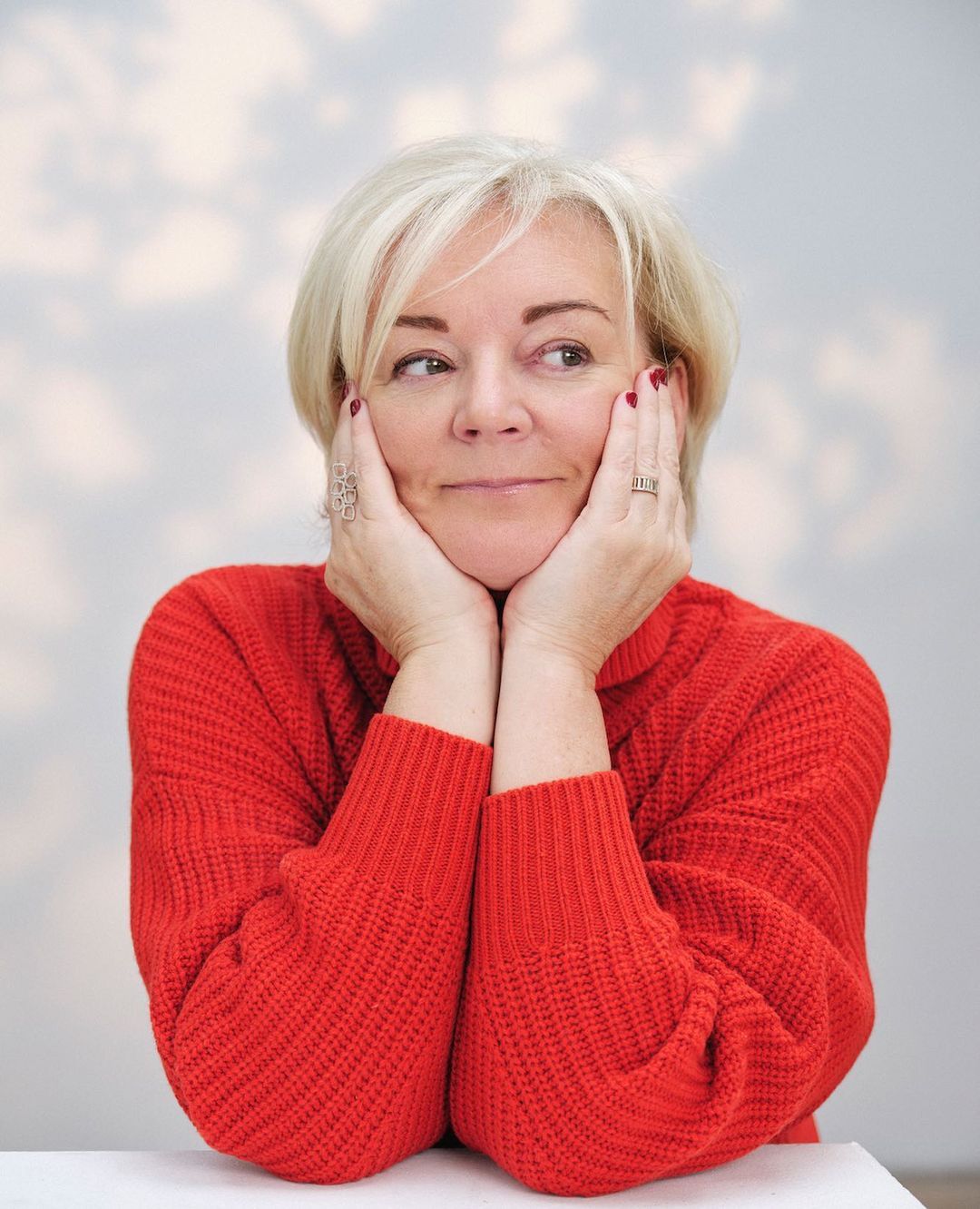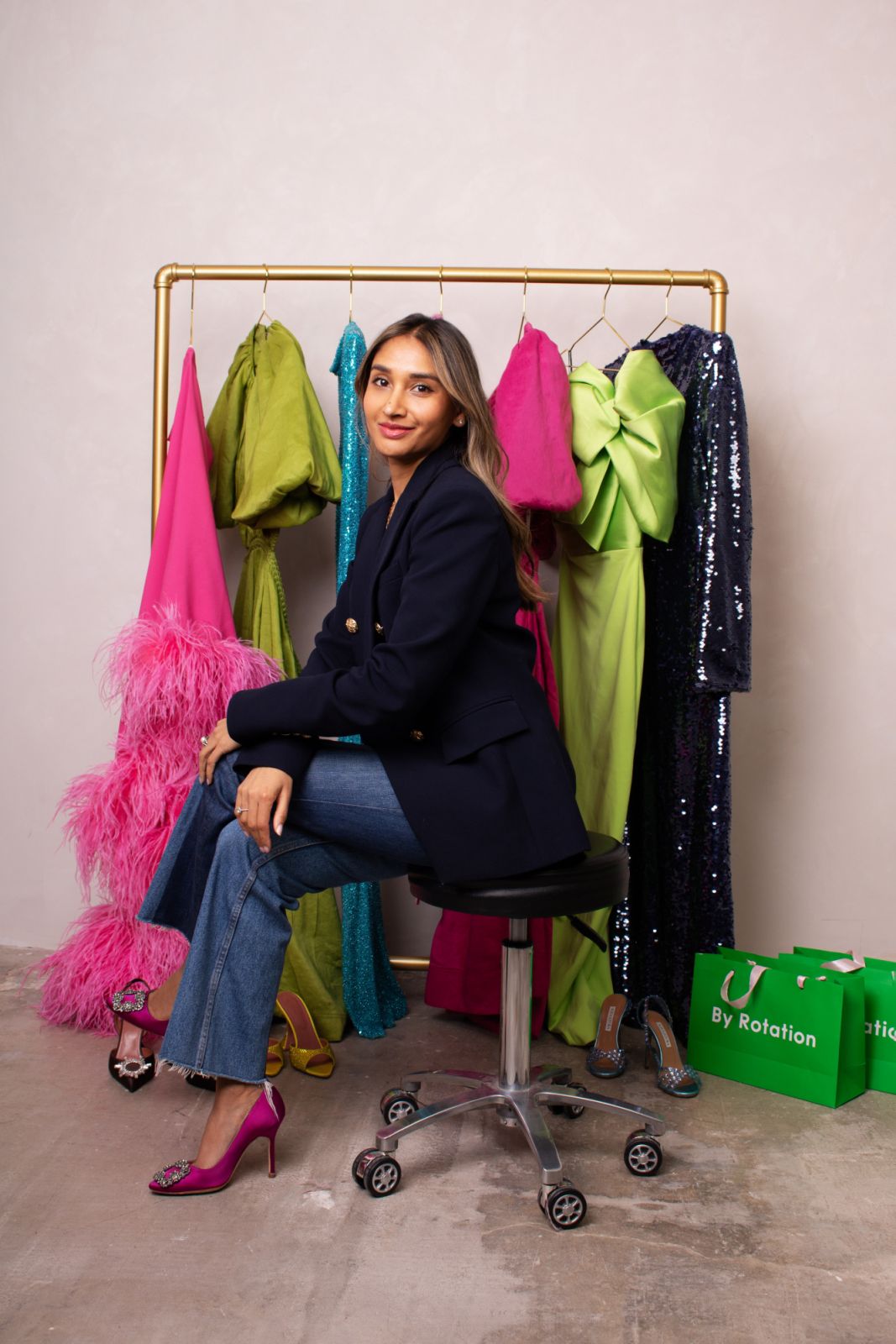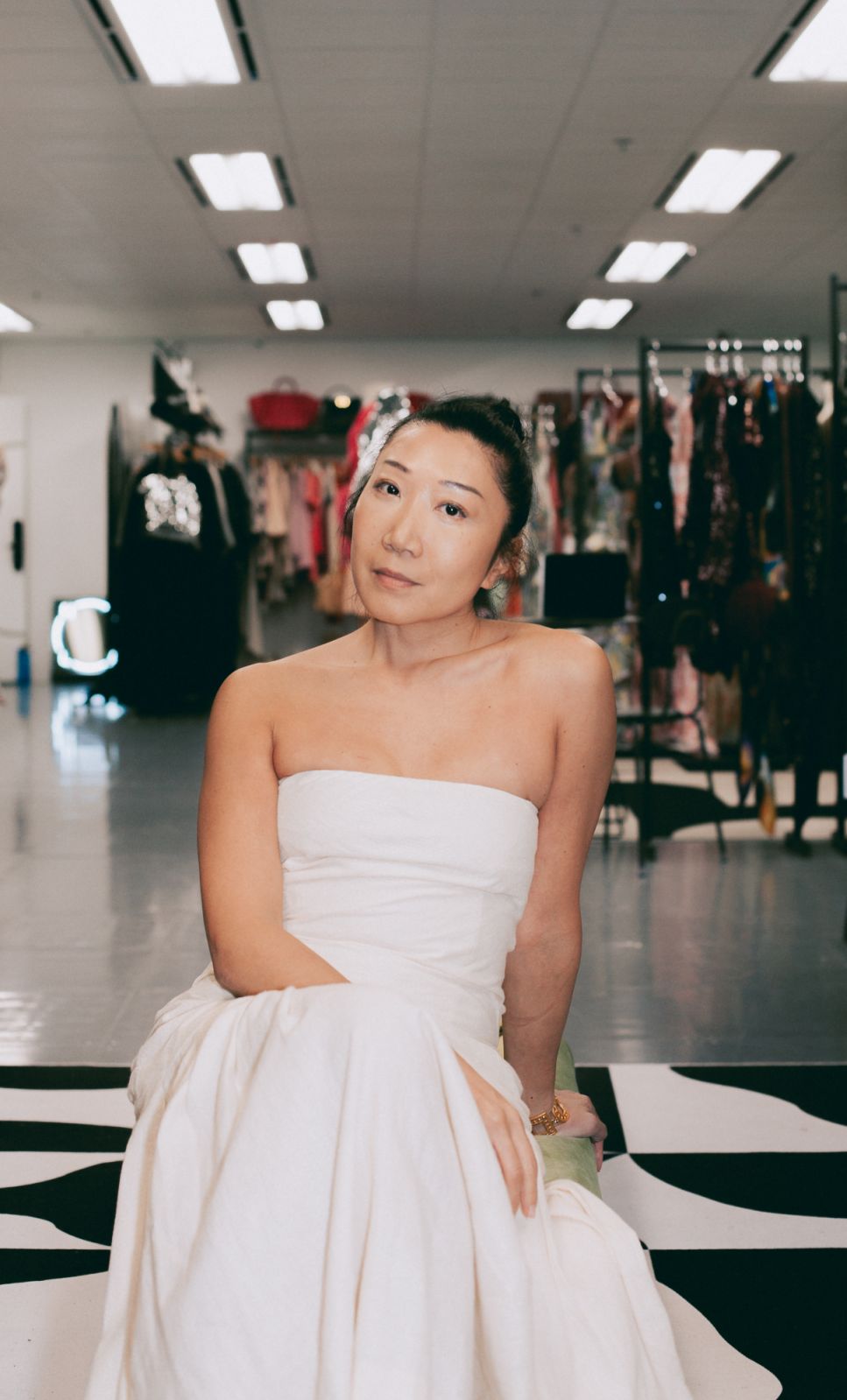In the third and final part of our Ladies Who Lead series celebrating female leaders in luxury and fashion, we speak to the women who founded companies that disrupted their respective industries about their journeys from startup to success and the challenges they overcame
Anyone can have an idea, but only a few can turn their idea into a successful brand. That road, as all the founders interviewed here have attested to, is littered with hurdles each seemingly more insurmountable than the next. It was especially daunting for Anissa Kermiche who started her cult lifestyle label as a creative pursuit, but its popularity forced her to transform into a CEO overnight. “Running a brand has nothing to do with being a designer,” she says. “It is an equation with so many variables. I sometimes make the analogy of conducting a symphony with constantly changing instruments—it requires harmony, good timing, and listening to the ever-evolving audience.” In her interview, Kermiche talks about the intellectual property battles she endured and lessons learned from partnering with unreliable suppliers.
In case you missed it: The fashion chiefs at Farfetch, 3.1 Phillip Lim, MCM, Tibi and Citizens of Humanity share their advice to budding CEOs in luxury
Both Eshita Kabra-Davies of By Rotation and Sarah Fung of Hula cite fundraising as a major challenge facing women in fashion and tech. The latest annual report from the Female Founders Forum revealed 3.5 percent of equity investment went to female-led businesses, while 85 percent went to male-led firms. “As an immigrant and third culture kid, it was even more difficult to get into the networks within which these investors often operate in,” says Kabra-Davies.
But sometimes the biggest hurdles arrive after achieving success. For Jo Malone, it was the crisis of self-doubt she faced after selling her first business to Estée Lauder and as she wondered if she’d have the courage to start again. “My fear, I suppose like anyone, was could I do it again? Would I fail? Would people know who I was still and was I relevant?” she says. “I think that was the biggest fear. Of course, fear is part of motivation; you can’t live your dreams, or be a pioneer if you are frightened of fear itself.”
Self-doubt is a common problem plaguing women, and Eva Alexandridis of 111Skin is no stranger to its debilitating effects. “At the beginning of my career, I struggled to trust in my ability and journey, often assuming that others knew better or had more relevant experience than myself,” she says. “However, it’s important to recognise your belonging—you have landed in this position because of your knowledge and for what you can deliver.”
However, Sarah Fung says, this attunement to feelings can also be your greatest strength. “Being a business owner, especially as a woman I have tried to at times think more with my head versus my gut, as this is what I presumed produced better decisions. In fact the ‘feeling’ side of you can be much more powerful and as I grow the business I realise more and more that having a high EQ can be so useful.”
Read on for the full interview with each woman, edited for clarity.
Eva Alexandridis, co-founder of 111 Skin







